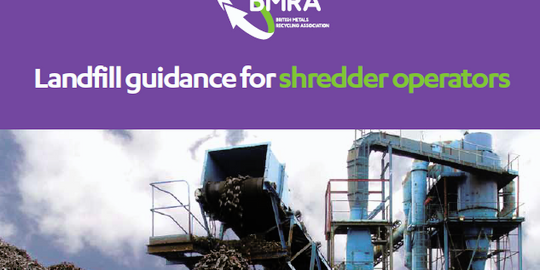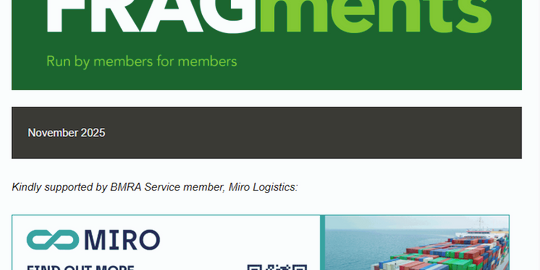Sound management of hazardous substances core of the circular economy
Sound management of hazardous substances in waste management and recycling activities is at the core of the circular economy. Recyclers have developed state-of-art separation techniques to safely treat a wide diversity of waste streams and recover valuable materials, hence directly contributing to the circular economy.
The Brochure published by EuRIC on ‘Sound Management of Waste & Chemicals Requirements’ highlights the main issues derived from the lack of interface between chemicals, product and waste legislation, and identifies simple solutions to boost the transition towards a more circular economy.
Christer Forsgren, Chair of the EuRIC’s Waste & Chemicals Task Force, Environmental & Technical Director at Stena Metall AB (Sweden), and Adjunct Professor in Industrial Material Recycling at Chalmers Technical University in Gothenburg, emphasised the key role that Europe’s recycling industry plays by reducing Europe’s dependency on primary materials and by saving massive amounts of CO2 and energy. C.
Forsgren stressed the importance of improving the interface between waste and chemical legislation by reducing legacy issues at product design stage, whenever possible, focusing on risks instead of hazards posed by substances of concern in safe recycling streams, and properly enforcing EU chemicals legislation at EU borders.
The current lack of interface between these complex pieces of legislation is an important bottleneck to render value chains more circular, which is essential to make of Europe the first climate neutral continent by 2050.
EuRIC - The European Recycling Industries’ Confederation, of which the BMRA is a founding member - is the umbrella organisation for recycling industries. Through its Member Federations from 21 EU&EFTA countries, EuRIC represents across Europe over:
- 5,500+ companies generating an aggregated annual turnover of about 95 billion €, including large companies and SMEs, involved in the recycling and trade of various resource streams;
- 300,000 local jobs which cannot be outsourced to third EU countries;
- Million tons of waste recycled per year (metals, paper, glass, plastics, textiles, tyres and beyond); By turning wastes into resources, recycling is the link which reintroduces recycled materials into the value chains again and again.
Recyclers play a key role in bridging resource efficiency, climate change policy and industrial transition



